Are you mad for honey?
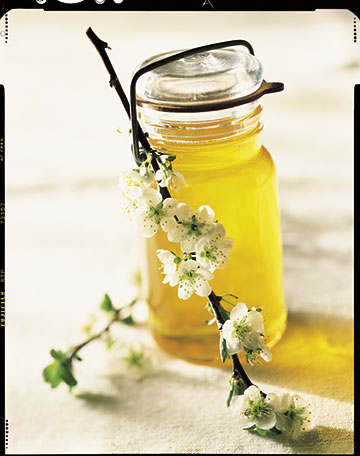
Photo courtesy National Honey Board, Honey.com
Did you love our tour of worldwide beehives earlier this year? Well then, you’ll want to hop aboard the Jane train as we venture off to the Black Sea region of Turkey in search of a mysterious variety of mountain honey that may be as treacherous as it is tantalizing …
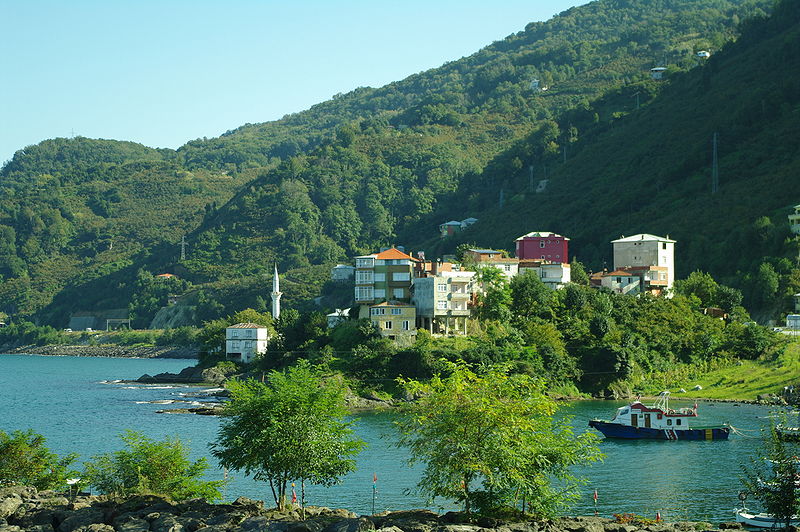
Photo by Dr. Zeynel Cebeci via Wikimedia Commons
As we arrive in the beautiful port of Gulburnu, a small seaside village in Turkey’s Giresun province, the scenery looks peaceful and picturesque. Not a trace of … madness. Let’s have a look around. Hmmm … all is quiet as we ascend the slopes above town.
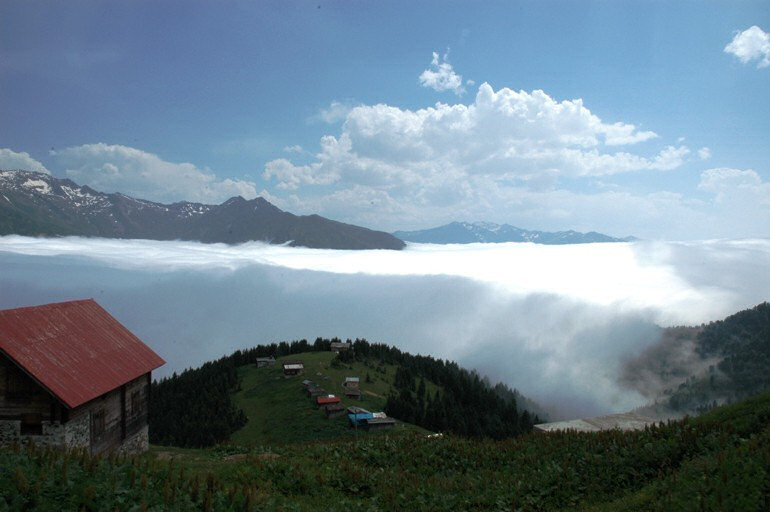
Photo of mountains on Turkey’s Black Sea coast by Gardenlantern via Wikimedia Commons
Who might we ask about the honey known locally as deli bal … Hello? Excuse me, can you tell us where we might find deli bal? HELLO!?
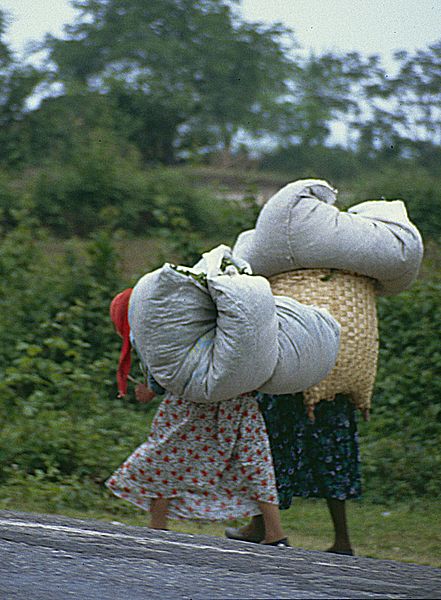
Photo by Ziegler175 via Wikimedia Commons
Can you imagine? They never even stopped to look at us! Perhaps that’s the reaction we should expect when asking about a type of honey that has, at least once in history, been used as a weapon of war.
It’s true.
“In 67BC, King Mithridates’ army left chunks of ‘mad honeycomb’ in the path of the Roman enemy, who gobbled it up, lost their minds, and were promptly slain,” reports The Guardian.
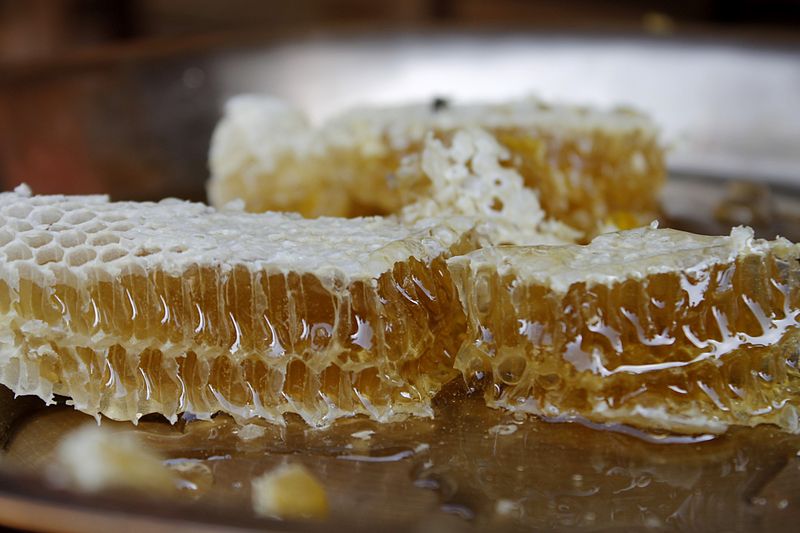
Photo by Skrissh2013 via Wikimedia Commons
Deli bal, or orman komar bali (rose of the forest honey), is rare regional honey produced by the pollination of certain rhododendron varieties that contain a natural poison called grayanotoxin.
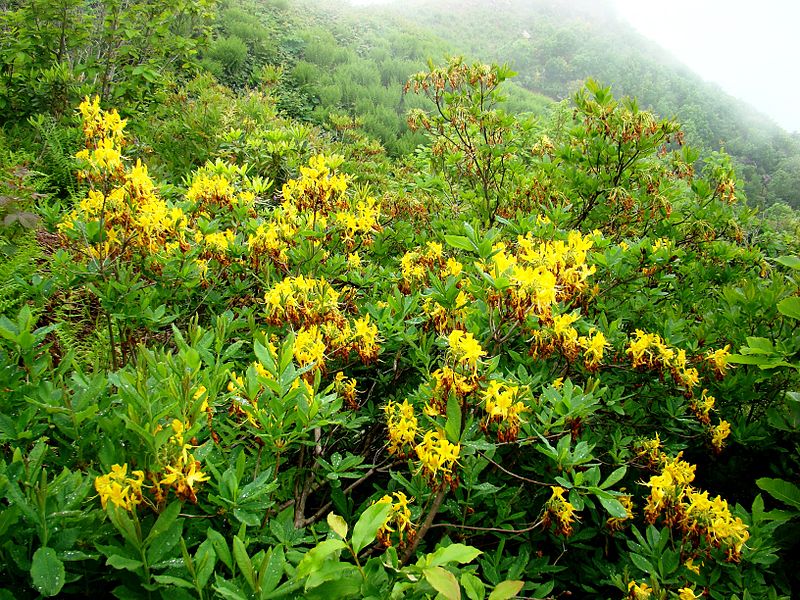
Photo of toxic Turkish Rhododendron luteum by Karduelis via Wikimedia Commons
According to Emma Bryce of Modern Farmer, “In Turkey, not only do the poisonous rhododendrons abound, but the humid, mountainous slopes around the Black Sea provide the perfect habitat for these flowers to grow in monocrop-like swaths. When bees make honey in these fields, no other nectars get mixed in—and the result is deli bal, potent and pure.”
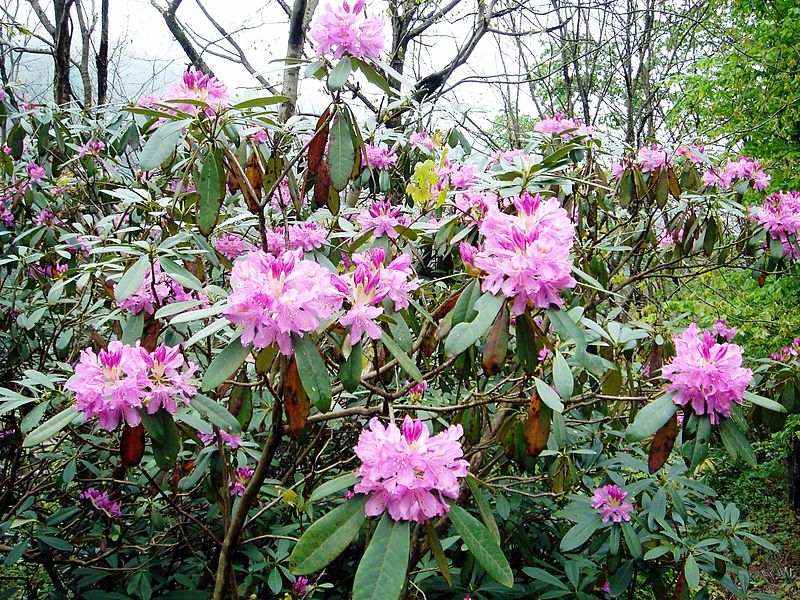
Photo of toxic Turkish Rhododendron ponticum by Karduelis via Wikimedia Commons
While “mad honey” is rarely fatal, consuming more than minute amounts can cause low blood pressure, heartbeat irregularity, nausea, numbness, blurred vision, fainting, potent hallucinations, and seizures.
No wonder no one wants to tell us where to find it! Mum’s the word …
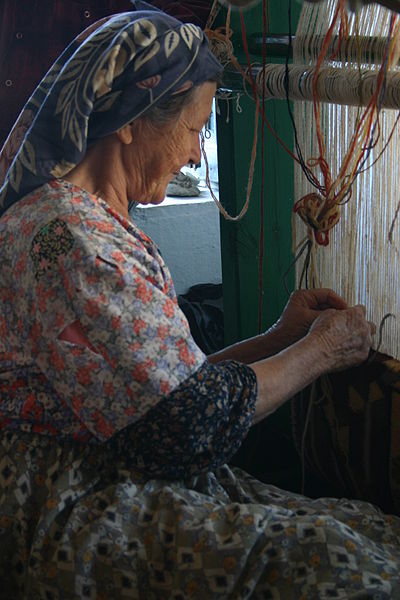
Photo by Seattle Globalist via Wikimedia Commons
“People believe that this honey is a kind of medicine,” Süleyman Turedi, a doctor at Turkey’s Karadeniz Technical University School of Medicine, told Bryce. “They use it to treat hypertension, diabetes mellitus, and some different stomach diseases.” He went on to say that deli bal is taken in small amounts, sometimes boiled in milk, and consumed typically just before breakfast.
That is, if you dare.
“If you do find yourself in the area and want a taste, you’ll have to dig a bit deeper than supermarket shelves,” Bryce advises. “Ask nicely, and chances are most local shopkeepers will hand over a jar from a stash tucked behind the counter, adding to the old-world mystery of it all.”
So, tell me … would you dare?





















































OOOh, Im so glad you posted this, MaryJane. When i wrote to you months ago to let you know about it on the website ” Modern Farmer” , I knew it would intrigue you. As one who loves the bees and their honey, I knew that you would tell all the rest of the farmgirls about this amazing honey story too. thanks for sharing.
Thank YOU!
Yes, this was a very interesting honey story! Thanks Lisa for sharing this so we could all get a chance to learn about it. I would love to taste some.
What a wonderful story! I love learning about unusual everyday things in people’s lives. I would have to past on a taste though. Not to fond of the possible effects that could be caused. It is a beautiful color of honey. I do like and use raw honey. Thank you Mary Jane for sharing this information with us.
That’s not a dare I’d take! I’ll just stick to my local honey, thank you very much!